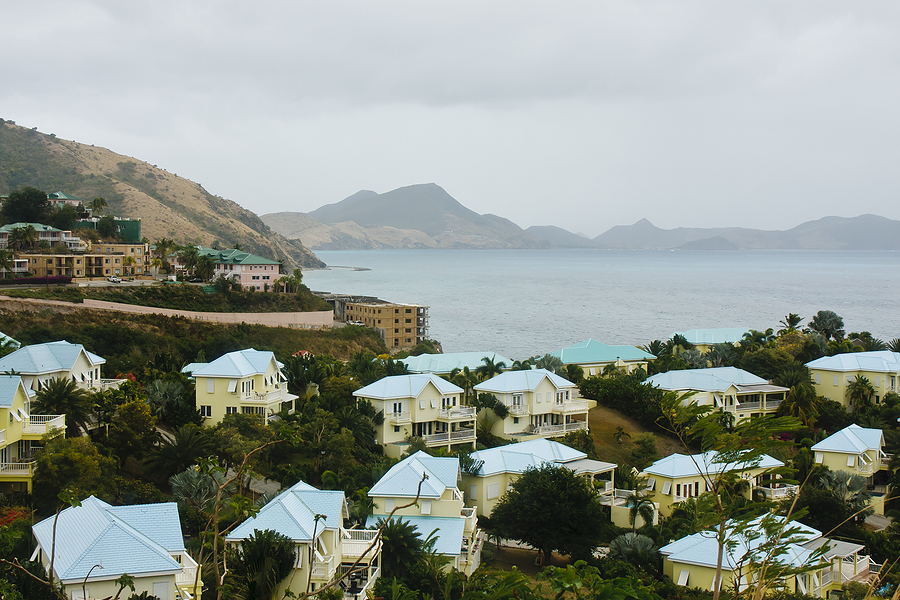Taking the position that Florida’s heavily-subsidized property insurance market is leading to over-development along the state’s coastline, wildlife groups are calling on state lawmakers to make reforms even if they increase costs.
In a letter to the state legislature, six wildlife association leaders said it is time for lawmakers to reform state-backed Citizens Property Insurance Corp. and the Florida Hurricane Catastrophe Fund to reduce incentives for building along the coast and on barrier islands.
Those areas should be preserved, they said, for ecological reasons and to reduce the chance of higher insured losses due to homes and condominiums being located right on the water.
“From our perspective, a subsidized insurance program like Citizens serves only to further encourage irresponsible development in places where we should not be living,” the groups said. “These islands offer protection from storms and offer wildlife habitat as well as prime recreational opportunities.”
The wildlife groups are the Florida Wildlife Federation, Audubon Florida, Florida Conservation Alliance, Sea Turtle Conservancy, 1000 Friends of Florida, and the Florida Coastal & Ocean Coalition.
The associations also said it is unfair for many who are struggling economically to in effect provide some of the state’s wealthiest residents with coastal property insurance.
“To continue to require all Floridians to subsidize many of our state’s more fortunate –homeowners living on the coast and those with vacation homes—is unfair to those consumers, businesses, charities, and nonprofits who provide those subsidies,” the wildlife groups said.
Specifically, the groups want lawmakers to reduce the possibility of homeowner assessments that are the financial basis for funding Citizens and the Cat Fund in the event of substantial losses due to hurricanes.
They argue that although Citizens has built up a surplus nearing $7 billion and has substantial resources, by representing nearly 25 percent of the homeowners’ market it is just a matter of time before a major hurricane forces it to levy policyholder assessments.
The likelihood of assessments is even greater when it comes to the Cat Fund, they said, given that officials note that it could not borrow enough money to support its obligations. Cat Fund officials project they could have up to a $2 billion shortfall this year.
The wildlife groups also said they would support reforms even if they mean higher upfront costs to policyholders.
“We are confident that even with modest cost increases reform will prove to be a long-term financial savings to Floridians as opposed to the alternative risk your constituents currently face,” they said.
Topics Legislation Florida Property
Was this article valuable?
Here are more articles you may enjoy.



 Florida Insurance Costs 14.5% Lower Than Would Be Without Reforms, Report Finds
Florida Insurance Costs 14.5% Lower Than Would Be Without Reforms, Report Finds  Allstate CEO Wilson Takes on Affordability Issue During Earnings Call
Allstate CEO Wilson Takes on Affordability Issue During Earnings Call  Pipeline Explodes at Delfin LNG Planned Project in Louisiana
Pipeline Explodes at Delfin LNG Planned Project in Louisiana  Uber Jury Awards $8.5 Million Damages in Sexual Assault Case
Uber Jury Awards $8.5 Million Damages in Sexual Assault Case 

